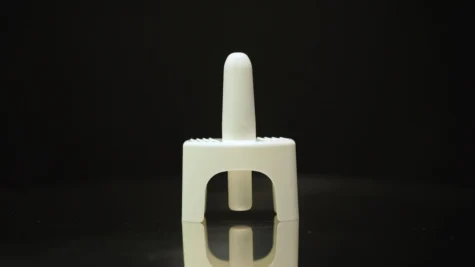Addiction, in its complexity, is multifaceted. It’s a continuous and gnawing presence that could catch you off-guard anytime. But there is hope.
The beast addiction can be tamed through relapse prevention.
Read on to discover different types of relapse prevention and how they can assist in maintaining your mental health and keeping addiction away!
The Relapse Prevention Spectrum: Strategies Are Not All Equal
It’s not an all-fit-one solution when it comes to relapse prevention.
Prevention strategies are varied and suited for different individuals under different circumstances. Some of the different types of relapse prevention are:
- Cognitive-behavioral techniques: These techniques involve identifying high-risk situations for relapse and developing coping strategies by changing thought patterns that lead to substance use.
- Mindfulness-based relapse prevention (MBRP): It combines cognitive-behavioral techniques with mindfulness practices like meditation and yoga, which helps one remain present and aware, reducing the likelihood of relapsing.
- Pharmacological interventions: Certain drugs can help stop an individual from craving an addictive or making addictive substances less pleasurable.
- 12-Step programs: Groups such as Alcoholics Anonymous (AA) or Narcotics Anonymous (NA) offer a networked community and a systematized program for preventing slips.
The Brain Behind the Beast: Mental Health Implications
Addiction surpasses physical cravings; it is tied to our mental well-being as well. Specific triggers can increase the chances of a lapse back into addiction.
Therefore, mental health must be included in your relapse prevention plan to safeguard against this.
Triggers for addiction relapses include:
- High levels of stress
- Overwhelming panic
- Feelings of being down all the time
The Power Of Therapy Unleashed
Therapy, especially cognitive-behavioral therapy (CBT), is critical to preventing relapses.
By doing CBT, you will be able to understand the connections between your thoughts, feelings, and behaviors to break free from addiction.
Mindfulness: A Mental Health Buffer
Mindfulness is not just a buzzword but an evidence-based approach that improves mental health and reduces relapse.
Through living in the present moment and cultivating awareness, cravings can be recognized but not given in to. The following are some practical mindfulness exercises:
- Deep breathing exercises: Inhale slowly and deeply while feeling the breath enter and leave your body.
- Body scan meditation: Observe each part of your body from head to toe by noticing sensations or areas of tightness.
- Mindful eating: Use all five senses when eating food, savoring each bite and being aware of the taste, texture, and smell of the food.
- Walking meditation: Stroll, paying attention to how your feet feel with each step.
- Loving–kindness meditation: Develop feelings of kindness and compassion towards others and yourself by silently repeating goodwill phrases.
Remember that practicing mindfulness regularly can significantly impact your mental health and overall well-being.
The Importance Of Self-Care
Taking care of your mental health is essential; do not underestimate it. Having self-care activities incorporated into your schedule can make a huge difference.
The following are some examples of self-care practices that help maintain good mental health:
- Engaging in regular physical activity like walking, yoga, or dancing.
- Enjoy a balanced diet of good food and drink, such as abundant fruits, vegetables, and wholemeal foods.
- Prioritize sufficient sleep each night to revitalize your mind and body.
- Engage in relaxation activities such as doing deep breathing exercises or meditating.
- Find interests or pastimes that make you happy and allow you to relax, including reading, painting, or listening to music.
Remember, taking time off for oneself is essential for preventing a relapse and ensuring mental well-being generally.
Relapse Prevention Done Right: Southern Sky Recovery
Remember that there’s no one-size-fits-all strategy for avoiding relapse. What works for you may be a combination of various methods or one particular system that resonates with you.
The main thing is maintaining your determination, looking for help from others, and understanding that recovery is not a destination but a process.
With knowledge of different types of relapse prevention strategies under your belt, you’re now closer to conquering it.
At Southern Sky Recovery, we are always here for you on the way toward recovery from addiction.
Call us today for information about our outpatient relapse prevention program so we can help create mental health resilience in you!



